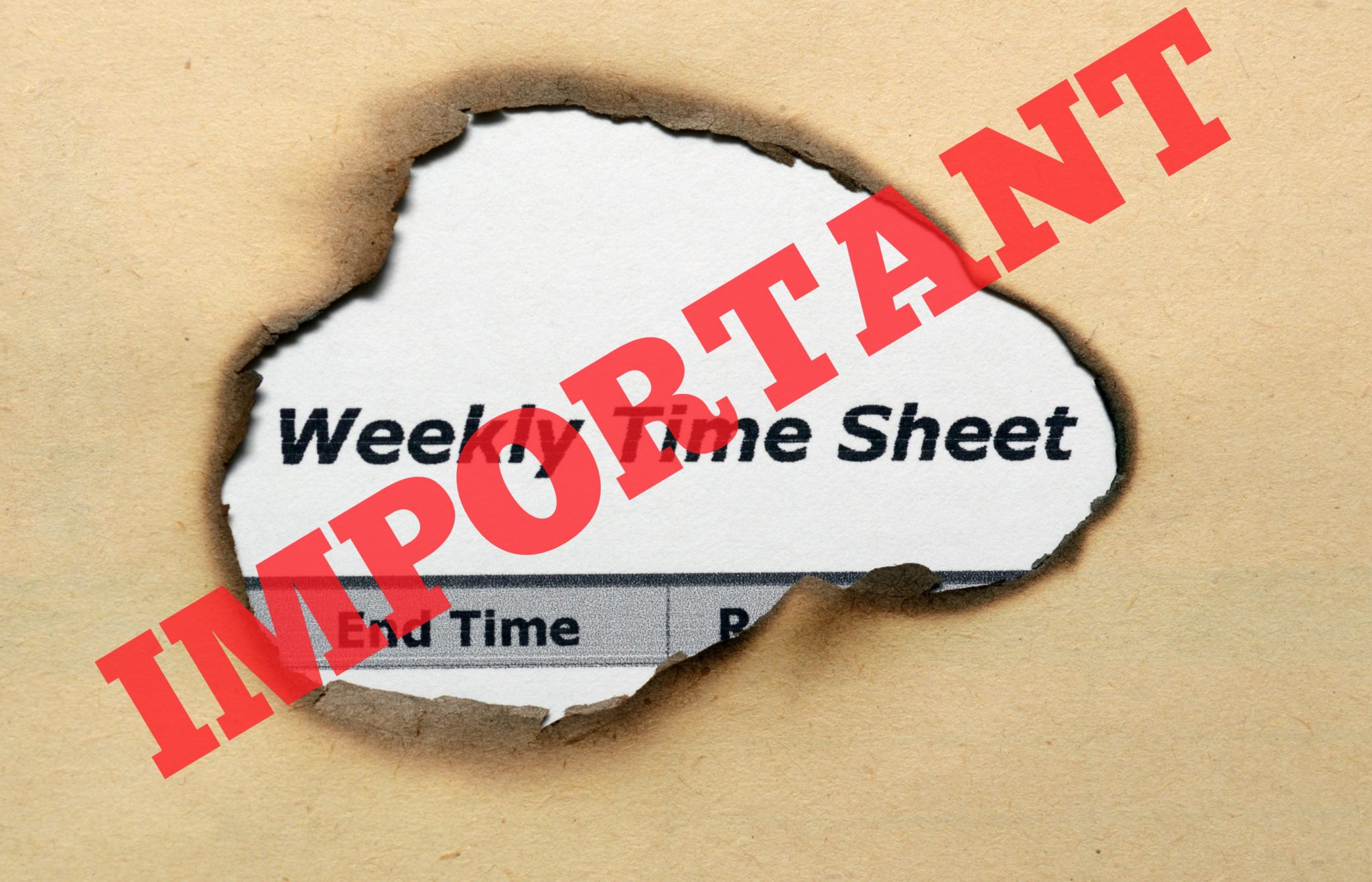Payroll Taxes – Terms to Know
FICA (Federal Insurance Contributions Act) – The law requires employers to withhold payroll taxes from employee earnings to fund the Social Security and Medicare programs. These are called (FICA) taxes. Your employer also pays a tax equal to the amount withheld from employee earnings. (SSA.gov)
Withholding – Income tax withheld from employees’ wages and paid directly to the government by the employer. (Investopedia)
Social Security – While you work, you pay taxes into the Social Security system, and when you retire or become disabled, you, your spouse and your dependent children receive monthly benefits that are based on your reported earnings. Also, your survivors can collect benefits if you die. (SSA.gov)
Medicare – The federal health insurance program for people who are 65 or older, certain younger people with disabilities, and people with End-Stage Renal Disease (permanent kidney failure requiring dialysis or a transplant, sometimes called ESRD). (Medicare.gov)
Unemployment Insurance – A source of income for workers who have lost their jobs through no fault of their own. Workers who quit or are fired are generally not eligible for unemployment insurance. (Investopedia)
FUTA (Federal Unemployment Tax Act) – With state unemployment systems, provides for payments of unemployment compensation to workers who have lost their jobs. Most employers pay both a Federal and a state unemployment tax and only employers pay FUTA. (IRS.gov)
SUI (State Unemployment Insurance) – A source of temporary income replacement available through the individual states for workers who are forced from employment but are otherwise available for work. Benefits are not available in situations where the worker leaves voluntarily is discharged for misconduct. The benefit amount is bases on earnings and time in the workforce. SUI is funded largely by employers domiciled in the state. (Business Dictionary)
1. Payroll Taxes – FICA Explained
When you received your first paycheck, did you wonder who “FICA” was? I did. Bussing dishes was not a passion. It was a paycheck and not a lucrative one. I was 14 and could only work eight hours a week. By my calculations, $3.35 x 8 would get me 1/3 of the way to some new shoes that a guy named Jordan would sell the following year. Except it didn’t. FICA, the IRS and the State of North Dakota all got their cut and they didn’t have to clean up cigarettes, gravy and public toilets. I was ticked. Then, my mom explained payroll taxes to me in a way that a ticked 14 year-old boy could understand. I waited a year (and received a “promotion” to dishwasher) for my new basketball shoes.
FICA is an acronym for Federal Insurance Contributions Act. It requires employers to withhold 7.65% of an employee’s gross income for the funding of Social Security and Medicare; 6.2% to Social Security and 1.45% to Medicare. In turn, FICA also requires that the employer pay the same percentages of each employee’s gross income to the same funds. There are also maximum annual income limits for Social Security but not for Medicare. See the table below courtesy of SHRM.
| FICA Rate (Social Security + Medicare withholding) |
2014 | 2015 |
| Employee | 7.65% | 7.65% |
| Employer | 7.65% | 7.65% |
| Self-Employed | 15.30% | 15.30% |
| Note: The 7.65% tax rate is the combined rate for Social Security and Medicare. The Social Security portion is 6.20% on earnings up to the applicable taxable maximum amount. The Medicare portion is 1.45% on all earnings. The tax rates shown above do not include the additional 0.9 percent Additional Medicare Tax paid by those earning more than $200,000 (discussed below). | ||
2. Payroll Taxes – How Employers Make the Payments
We’ll leave the subject of income taxes for another discussion. You may be wondering how your FICA payments get to Washington, DC? Wonder no more. There is one more acronym you need to know – EFTPS. “The Electronic Federal Tax Payment System tax payment service is provided free by the U.S. Department of the Treasury. After you’ve enrolled, you can pay any tax due to the IRS including payroll taxes as well as federal withholding (income tax) on behalf of the employee.” (EFTPS.gov)
The timing of payments made through EFTPS is based upon a lookback period from the previous year. If your employer reported $50,000 or less of taxes for the lookback period, they are a monthly depositor; if they reported more than $50,000, they are a semiweekly depositor. While the system is free, the cost of calculating and submitting them is not. Payroll companies like Web Payroll & Tax Solutions take the burden and liability off of the employer for timely and accurate payroll tax deposits. Employers generally save time and money in this scenario because the software and labor costs can be expensive.
There is also unemployment insurance. Employers bear the cost of paying federal unemployment (FUTA) and state unemployment insurance (SUI) as a percentage of payroll. They are also submitted through EFTPS in regular intervals.
3. Payroll Taxes – Penalties
Since there are schedules for paying payroll taxes, you’d assume there must be consequences for missing them. You assumed right. Many of the penalties for untimely payments are the same as other tax penalties. Both civil and criminal penalities exist for failing to timely file payroll tax returns or to timely deposit taxes you owe. There is one big one that every employer must know – the 100% penalty. It states that the employer can be held personally liable for all income and FICA taxes that they willfully either fail to withhold from their employees’ wages or fail to pay to the IRS and state tax agencies. If not done willfully (“intentional, willing and volutarily”), there are lesser penalties but are still costly.
If an employer fails to prepare a Form W-2 for employees, or willfully provide incorrect ones, there is a penalty per each statement that should have been sent or that was incorrectly prepared.
Please feel free to share this information with your employees so they too can have a better understanding of payroll taxes. If you have questions or need assistance with your payroll taxes, please complete the form and we’ll follow up.





Leave A Comment